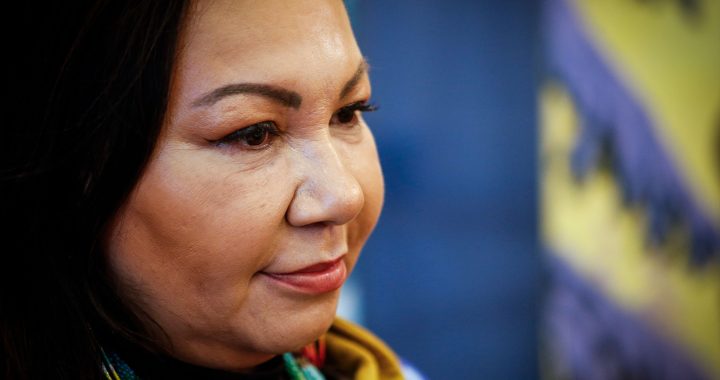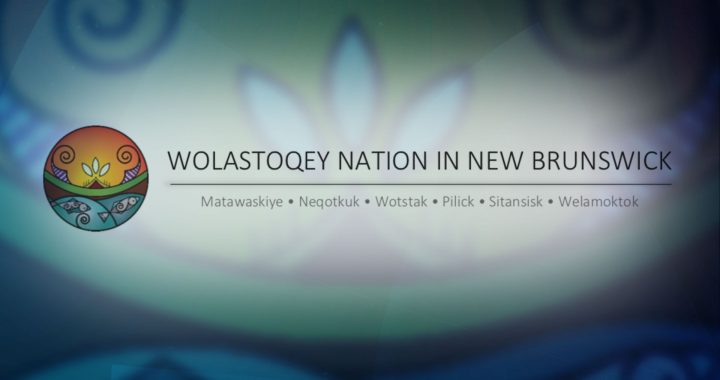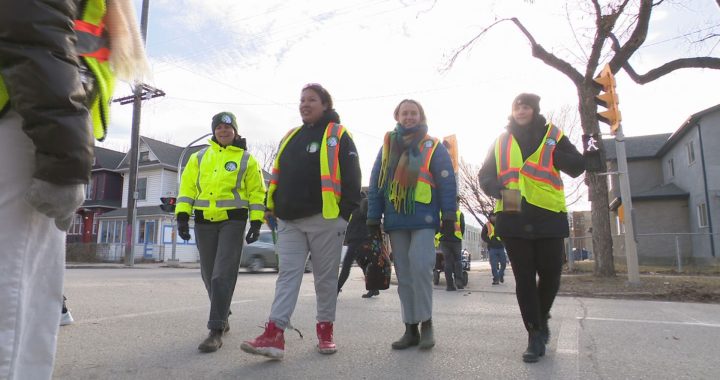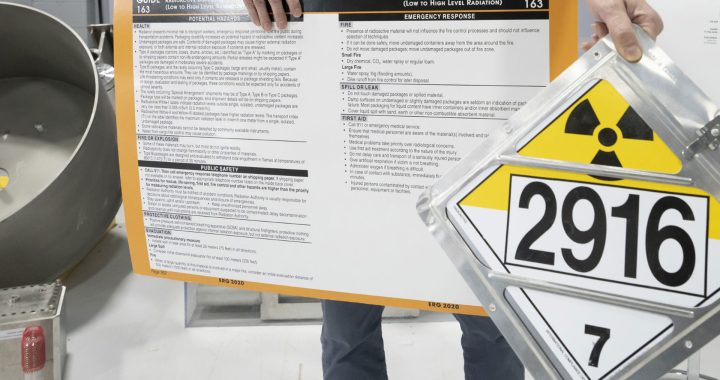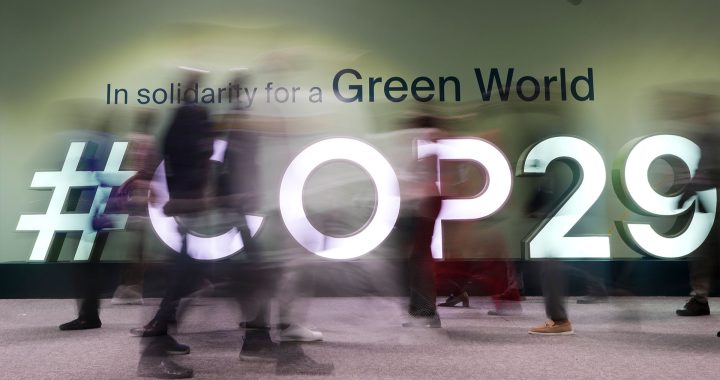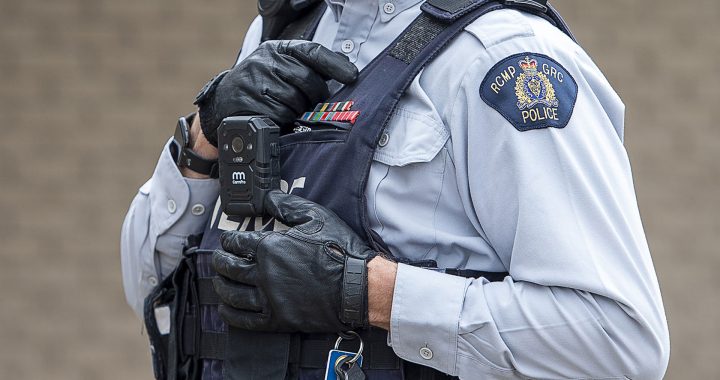We’re one year into the COVID-19 pandemic and homeless shelters across the country are still struggling to meet an increased demand.
But in what’s being touted as a “historic move,” Quebec and the federal government announced tandem investments to secure a permanent location for Resilience Montreal, a drop-in centre serving the city’s homeless Indigenous population.
“We have an enormous amount of community members that show up to Resilience to volunteer, show up to donate clothes, food,” Nakuset, director of Development and Philanthropy at Resilience Montreal, explained in a press conference held earlier this week.
“It’s pretty much across Montreal that people come in on a regular basis. And this is what makes Resilience.”
Resilience Montreal caters to over 150 clients, and serves over 1,000 meals every day.
While the COVID-19 pandemic put a stop to most of the centre’s in-person services for 2020, the future of its physical location was always up in the air.
Luxury condos are rapidly going up around the area of Cabot Square – a known Indigenous hub frequented by Resilience’s day-to-day clients.
Resilience’s current space, just across the street from Cabot Square, will eventually be demolished to build condos, according to Nakuset.
However, she says the drop-in centre’s team negotiated an extension on the lease so they could secure a new location first.
Then, after months of discussions with both Quebec and Canada, came some unexpected financial relief.
At the end of February, Quebec invested a total sum of $3.6 million so Resilience Montreal could purchase a building and put down permanent roots near Cabot Square.
“We’ve seen lately an increase in violence in the area, an increase in consumption issues. There have even been deaths,” Indigenous Affairs Minister Ian Lafreniere explained while announcing the province’s investment on February 22.
“We needed to act. We needed to act urgently,” Lafreniere added.
This week, the federal government matched Quebec’s investment, securing $3.6 million to ensure “access to culturally appropriate services,” according to a press release.
While announcing this additional funding on March 8, Indigenous Services Minister Marc Miller said the urban Indigenous population Canada-wide is disproportionately impacted by the COVID-19 pandemic.
“What we know about Canada is more than half of Indigenous people live off-reserve. These are false categories that, in particular, COVID doesn’t really care about,” Miller said.
“And we know, in terms of the money we’re deploying today, that this is very much top of mind when we see the impact that COVID has had, and has really drawn to the fore the importance of ensuring urban Indigenous realities are reflected,” he explained.
Constructing and funding the drop-in centre specifically for the urban Indigenous population were calls to action 99 and 100 of the Viens Commission final report – but actually seeing the initiative through is a massive undertaking.
According to Nakuset, the $7.2 million now received will cover the cost of the new building – but more funding will eventually be needed to ensure it runs efficiently.
“Although this money is incredible to create the building, we need to also have operations,” she said.
Until now, Resilience has relied greatly on support from the City of Montreal, as well as private investors, to continue functioning.
Nakuset says there are a host of other needs to consider moving forward, such as supportive housing, and addiction and mental health services for First Nations and Inuit living on the streets of Montreal.
She says there are plans to meet directly with clients and architects in the coming weeks to ensure the new space is culturally adapted.
The new location for the drop-in centre has yet to be confirmed.
“Moving into this new building is going to be incredible. Receiving all this support from the municipal, the provincial, the federal, [and] community levels is amazing,” Nakuset added.
“I bet right now at Resilience Montreal, they are just cheering.”




